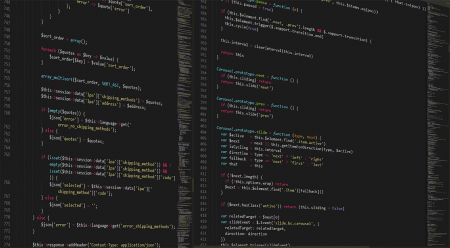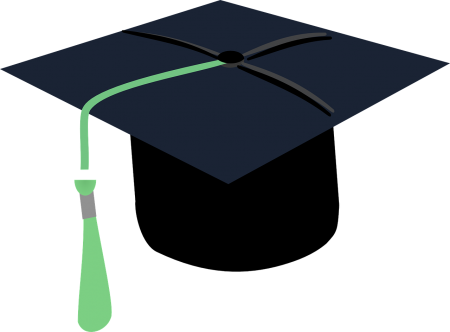X.Преобразуйте предложения в косвенную речь, используя управляла согласованиявремен:1. She
X.
Преобразуйте предложения в косвенную речь, используя управляла согласования
времен:
1. She said: I will come with
you as soon as I am ready.
2. His secretary asked: Are
you leaving today or tomorrow morning?
3. I said to him: Whose car
did you borrow last night?
4. If the weather is bad, we
cant go, - he said.
5. Does anyone want tickets
for the boxing match? said Charles. XI.
Раскройте
скобки, употребляя глаголы в страдательном залоге:1. She (to give) a box of
chocolates for her birthday last Sunday.
2. This article (to write) by
one of the most famous journalists.
3. When he came home, the
table (to lay) already.
4. The radio (to invent) by
Popov in 1895.
5. The work (to finish)
tonight. XII. Воткните подходящее по смыслу местоимение:a) some, any, no либо их производные:
1. Do you know if of the
Browns are coming on Sunday?
2. Let me know if happens.
3. Dont sit idle. Do
4. We havent got time left. б) few, a few, little, a little; much, many, a lot of:
1. Ive got problems
at the moment.
2. The weather was
rainy, so very people came to see the match.
3. They wont win.
There is too hope.
4. I saw Tom only
days ago. David Ricardo and the Theory
of Comparative Advantage
David Ricardo, the greatest of the
classical economists, was born in 1772. His father, a Jewish immigrant, was a
member of the London stock exchange. Ricardo entered his father's business at
the age of 14. In
1793, he married and went into business of his own. The young Ricardo quickly
мейд a large fortune.
In 1799, Ricardo read Adam Smith's
"The Wealth of Nations" and developed an interest in political
economy (as economics was then called). In 1809, his first writings on
economics appeared. These were a series of newspaper articles on "The High
Price of Billion". In 1814 he retired from business to devote all his time
to political economy.
Ricardo's major work was "Principles of Political Economy and Taxation". This
work contains, among
other things, a pioneering statement of the principle of
comparative advantage as applied to international trade.
Ricardo showed why it was beneficial for both countries, for
England to export wool to Portugal and import wine in return, even though both
products could be produced with less labour in Portugal.
The book covers the whole field of economics as it then
existed. Ricardo held that the economy was growing toward a future "steady
state".
Ricardo's book was extremely influential. For more than half
a century thereafter, much of economics was an expansion of or a commentary on
Ricardo's work. Although Karl Marx eventually reached conclusions that differed
radically from any of Ricardo's views, his starting point was Ricardo's theory
of value and method of analyzing economic growth.
XIV. Поставьте письменно ко всему тексту по два вопроса
каждого типа (общий, специальный, другой, разделительный).
His secretary asked if i was leaving this day or next day morning.
I asked him whose car he had borrowed the night before.
He said that if the weather was bad, they would not be able to go.
Charles asked if anyone wanted tickets for the boxing match.
was given
was written
had been laid
was invented
would be finished
anybody
something
something
any
many
few
much
few
-
Вопросы ответы
Статьи
Информатика
Статьи
Математика.
Физика.
Математика.
Разные вопросы.
Разные вопросы.
Математика.
Разные вопросы.
Математика.
Физика.
Геометрия.




